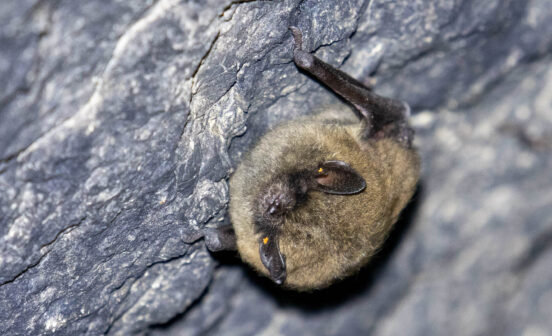This vibrant Chesapeake winter visitor is easy to spot against the snow
February 5, 2026Thanks to its song as well as its distinct color, the purple finch is an easy find for year-round birders
Read story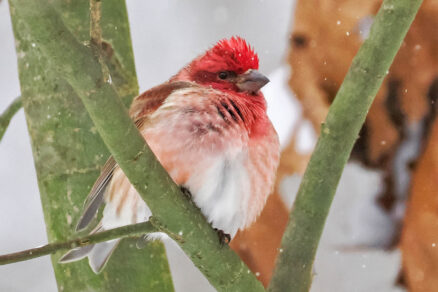
Our regional partnership guides the restoration and protection of the nation’s largest estuary.
Learn more about usThanks to its song as well as its distinct color, the purple finch is an easy find for year-round birders
Read story
Strategic investment and strong partnerships pave the way for successful projects supporting the Conowingo WIP
Read story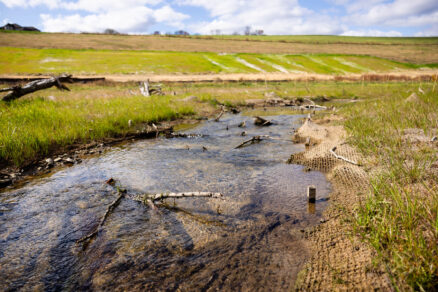
The National Aquarium’s Harbor Wetland attracts species big and small
Read story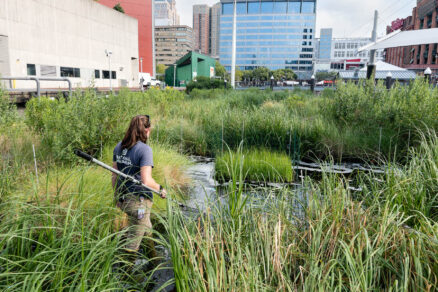
Our partnership is guided by the Chesapeake Bay Watershed Agreement: a collaborative commitment to restore, conserve and protect the Bay, its tributaries and the lands that surround them.
Learn more about the latest agreementThousands of creeks, streams and rivers deliver fresh water to the Bay from a region that spans 64,000 square miles.
Learn more
A balanced food web supports a productive ecosystem, as energy flows from the Bay's plants to its predators.
Learn more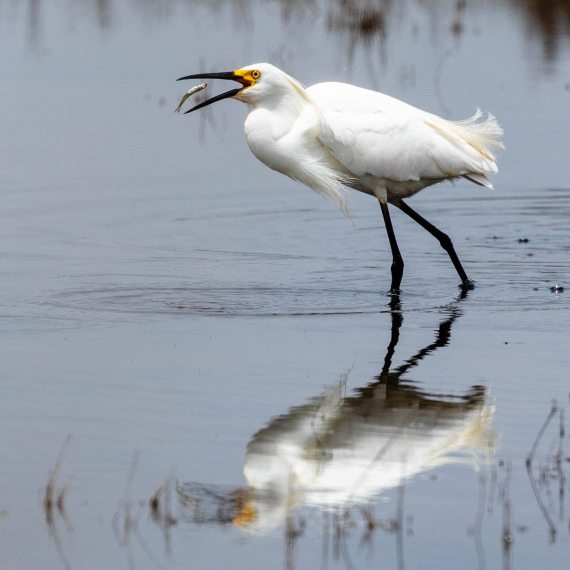
Complex problems face the Bay, its watershed and the plants, animals and people that live here.
Learn more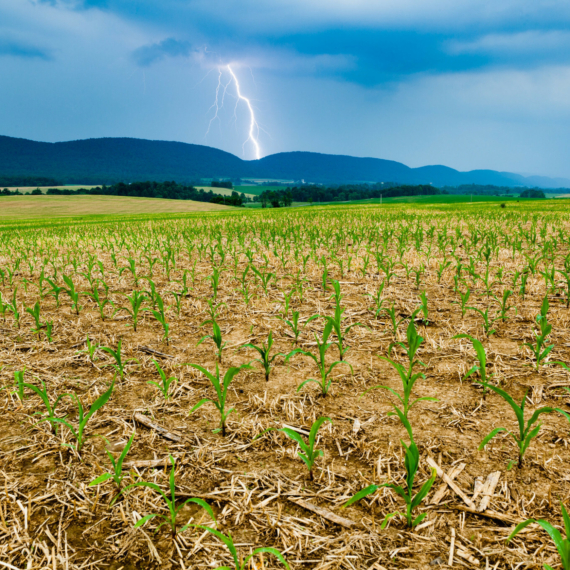
From trivia about its geography to facts about its flora and fauna, the Bay has a lot to teach us.
Learn more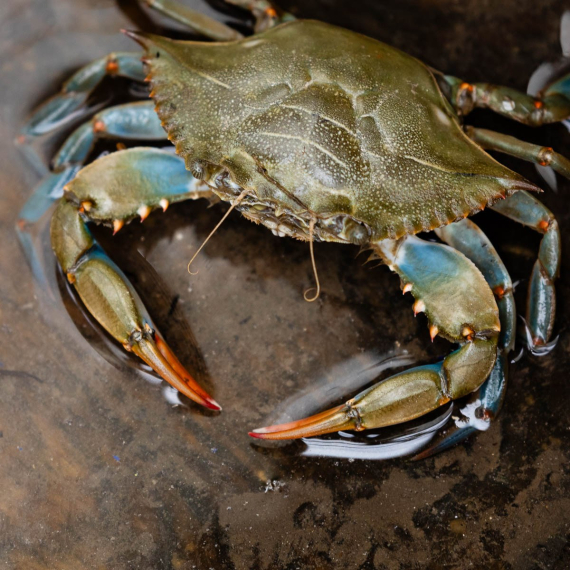
Explore the Field Guide to learn about more than 300 species of birds, fish, insects, invertebrates, mammals, plants, reptiles and amphibians that live in the Chesapeake Bay region.
Visit the field guideThe Eastern small-footed bat is a tiny bat with even tinier feet.
View critter